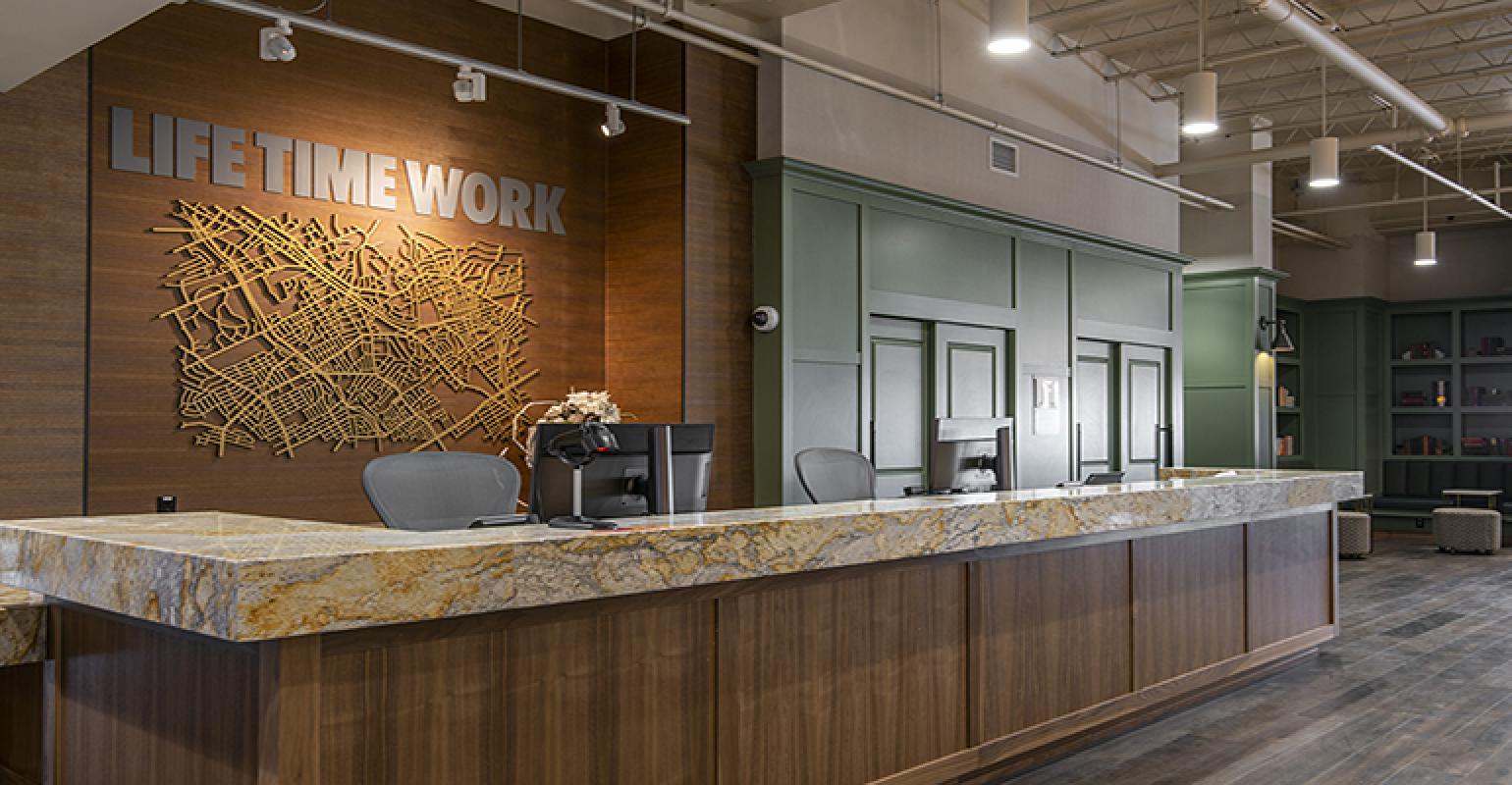We’ve written a bit about WeWork on this blog recently. Most of it has been critical, echoing the widely held view that the business is broken. We’ve taken issue with the company’s culture, its lack of effective governance, the flaky ex-CEO. We’ve also examined its shaky business model that takes on the risk of long-term leases while selling what are in effect short-term leases to its members.
WeWork is relevant to our coverage because it sits in the middle of so much of what we talk about — small business, the gig economy, SaaS marketplaces, subscription services, B2B apps, disruptive business models. And to be honest, we’ve also written about it because it’s fun.
Despite our criticisms, we’ve stopped short of calling WeWork broken beyond repair.
I’ve recently taken note of something that’s been brewing for a while, which poses yet another threat to WeWork and its competitors offering dedicated co-working space. Final nail in the coffin? Remains to be seen.
Enter the New Players
The other day I walked into my gym in the north suburbs of Chicago and noticed that they’ve installed a co-working table in an open space near the men’s locker room. It’s a pretty nice gym so this is a lot less skeevy than it sounds. After my workout, I retrieved my backpack from my car, set myself up at the co-working table and spent the rest of the afternoon hacking away at my Macbook Air. The gym already has a cafe that sells halfway decent coffee if you need it. It was a pretty good experience.

While one co-working table isn’t necessarily a disruptive move, it made me think, this makes more sense for most of us laptop nomads, at least those of us who like to feign an effort at staying fit, than taking out a separate membership at WeWork or one of its clones. We are already members, so there is no incremental cost. We have more than one reason to be here, and it’s a pleasant space. It beats a coffee shop where you feel obligated to spend some money every hour or two, even if you’re already coffee’d out.
This prompted me to do a little digging. I quickly discovered that Lifetime Fitness, my gym brand, has been experimenting in some markets since last year with facilities that combine fitness and co-working. And in a way that goes well beyond the small co-working space at my local branch.
Here in Chicago, brand new luxury highrise buildings have been popping up like very expensive weeds with lake views. How are they competing? With amenities, and one of the most popular (in addition to kickboxing studios) is having a co-working space in the building. It gets cold here in the winter, in case you hadn’t heard, so the idea of having everything you need in your building — grocery store, gym, dog run and office space — is pretty attractive. These features have become table stakes for new buildings.
Hotels are also experimenting with co-working. Fact is, every seasoned traveler knows that hotel lobbies usually have free wifi and won’t challenge you about your guest status as long as you behave. Why not formalize it and create a co-working space as a way to earn money from non-travelers who need a place to work for a few hours, a day or on an ongoing basis?
The advantage each of these entities has is they are not reliant on co-working. It’s a perk for members or tenants or it’s a source of incremental revenue. They do not face the same challenge that WeWork and other dedicated co-working operators face. And the proximity of other amenities — gyms, restaurants, etc. — make these spaces attractive in ways that co-working spaces will struggle to match.
Nail in the Coffin?
There will still be startups that want to incubate in co-working space. Corporations are increasingly using co-working spaes as a perk for remote workers or as branch offices. Gyms, hotels, and luxury apartments won’t make sense for these segments. But for the rest of us work at homers, not having to pay extra for a sweet co-working space is very attractive.
So what does this mean for WeWork? Probably not the final nail in its coffin, but certainly another nail.
Of course, we all know that the king of the co-working world isn’t and never was WeWork. It’s always been Starbucks. And I don’t see it climbing down off that throne anytime soon.




